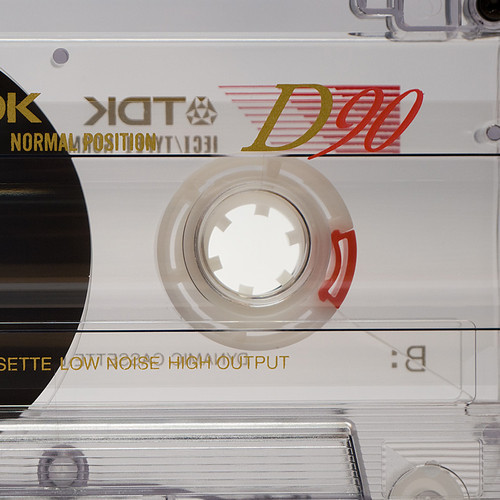Budapest on tape
Published May, 2014
by Easterndaze

“Every mix tape tells a story. Put them together and they add up to a story of a life.”
I got a cassette recorder from my good old friend, Joseph Foss aka ’The Roving Musicologist’ who defines himself as a sound photographer, a field recording explorer, says Marci Kristof of the Budapest improv collective 12z. He wanted to create music (sound structures) with me for a long time but since he moved from Budapest to Berlin we lost each other. He visited me in Budapest for one week and also suggested that we should use this recorder to make a special mixtape. In the first few minutes we just started to record noises then continued by capturing audio phenomena using other sound equipments, then we were brainstorming about the possible follow-ups and an overall conception, also we got stuck in conversations about the past and future of music, then we went out to different places in Budapest and met a lot of people.
“But the tape has not only travelled many multiples of miles further than humanity, it will persist cryogenically. Ideally, an error might restart it at some point, as it records and sends data, futilely, as far as we are concerned, through increasingly emptier space.”
After a few days we reached the end of the tape then we started to overdub the parts sometimes randomly, sometimes on purpose, with new materials from the beginning of side A. Slowly we concluded many things which will surely help to develop new ways for our upcoming projects, but basically it’s about friendship just like the personal mixtapes.
“The cutting-up of tape is not just the written cut-up by other means – it is a deeper operation, not because it operates with voice instead of writing, but precisely because it operates through a prosthetic living, a prosthetic speaking, both of which emphasize that there is only ever prosthesis when it comes to the ideas or conditions of living. The cut-up intervenes directly in the symbiotic evolution of recording and the human.” (all quotes taken from Paul Hegarty’s essay The Hallucinatory Life of Tape)